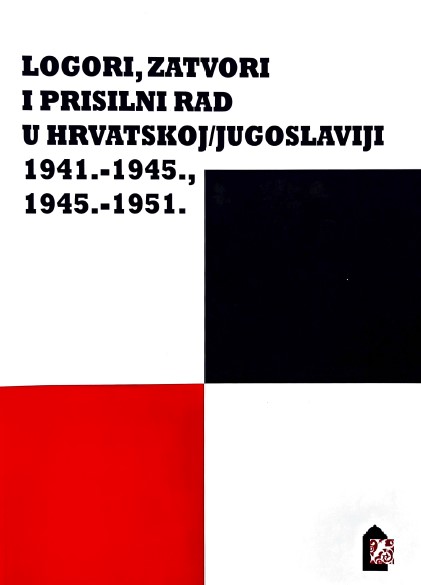Prinudni rad folksdojčera u Vojvodini 1944–1950.
The forced labour of Volksdeutsche in Vojvodina, 1944-1950
Author(s): Zoran Janjetović
Subject(s): Local History / Microhistory, Military history, Government/Political systems, Studies in violence and power, WW II and following years (1940 - 1949), Post-War period (1950 - 1989), History of Communism, Penal Policy
Published by: Hrvatski institut za povijest
Keywords: Volksdeutsche; Vojvodina; forced labour; camps; 1944-1950;
Summary/Abstract: Forced labour for the Germans of Vojvodina was introduced in the first days after the new government was established. It was an expression of the necessity of making up shortages in the supply of labour as it was also seen as a punishment for the German minority’s support for the Axis powers during the Second World War and the participation of some of its members in war crimes. Some people were marched under armed guard to work in forests, fields, vineyards, the clearing of rubble, the construction or repair of buildings, roads, railways, and bridges, while some people were concentrated in special camps from which they were taken to work every day. The organization of work camps overlaps with the period of martial law, while the whole process took shape in stages, in an attempt to concentrate labour supply, preserve Ger-man property, open areas for the settlement of colonists and others. Conditions in the camps were inadequate in terms of supporting and maintaining the ability of inmates to perform work, and there was a lack of any motivation to improve them. In the autumn of 1947 it became clear that the policy toward the German minority was changing, and in the spring of 1948 the Communist authorities began to dismantle the camps. Because of these types of conditions and the fact that in the first years following the dismantling of the camps their work in large measure retained the qualities of forced labour, a large majority of Volksdeutsche decided to emigrate from Yugoslavia when this became a legal possibility. Their work, instead of contributing to the development of their homeland, contributed to the West German “economic miracle.”
Book: Logori, zatvori i prisilni rad u Hrvatskoj/Jugoslaviji 1941.-1945., 1945.-1951.
- Page Range: 205-215
- Page Count: 11
- Publication Year: 2010
- Language: Serbian
- Content File-PDF

